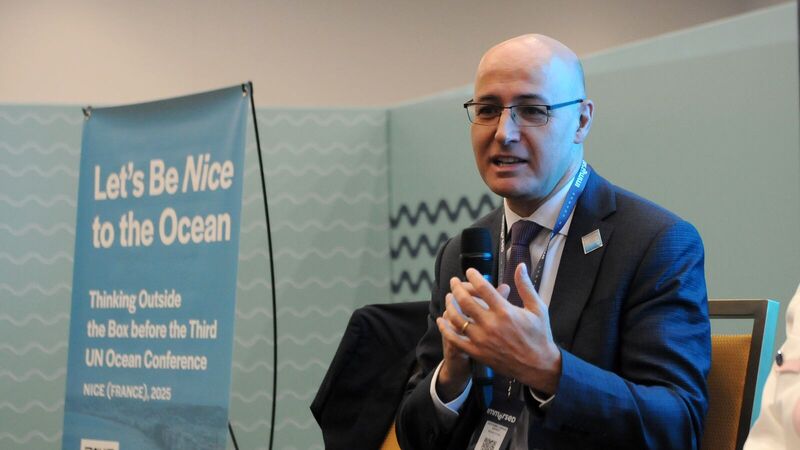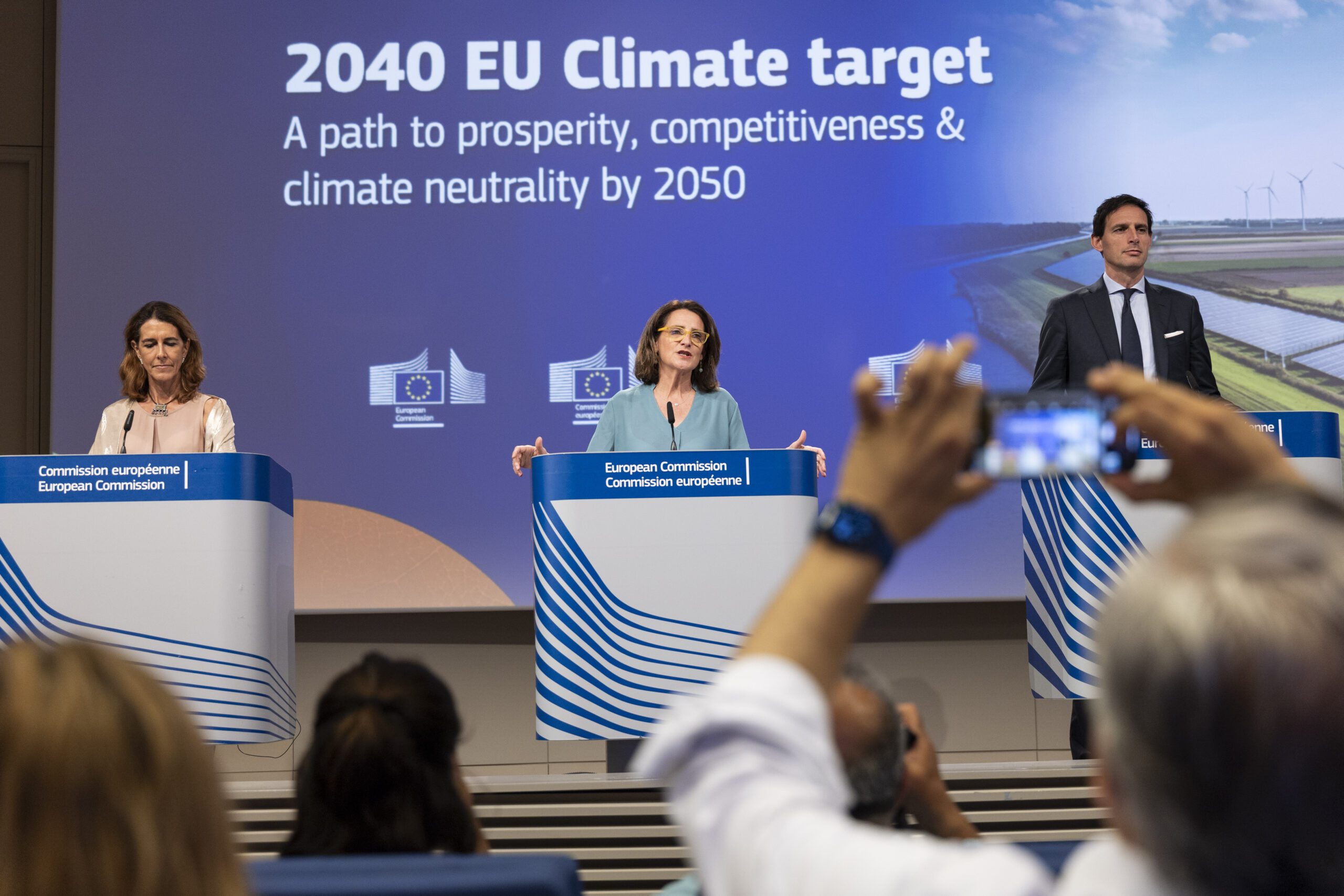Governments and corporations around the world increasingly recognize the necessity of a cohesive, collaborative approach to address global sustainability challenges. Once a celebrated benchmark for corporate responsibility, the Environmental, Social, and Governance (ESG) framework now faces significant skepticism and diminishing traction. In its place, the United Nations’ Sustainable Development Goals (SDGs) are rapidly becoming the preferred unified framework for aligning corporate and governmental priorities, fostering clearer communication, and achieving measurable global impact.
The ESG Backlash and Corporate Dilemma
Initially developed in the early 2000s, ESG frameworks gained substantial traction after the 2008 financial crisis, responding to investor demands for greater corporate transparency, ethical practices, and sustainability initiatives. However, ESG’s effectiveness has been undermined by recent political shifts, particularly during the Trump Administration in the United States, leading to regulatory rollbacks, increased polarization, and severe reputational damage to ESG principles.
The Trump Administration’s aggressive dismantling of environmental protections, resistance to diversity and sustainability initiatives, and politicization of ESG standards placed companies in a challenging position. As ESG became politically charged, corporations committed to sustainability found it increasingly difficult to communicate their genuine impacts clearly, compelling many to distance themselves from ESG branding despite their enduring commitment to sustainable business practices.
For instance, Forbes highlights how BlackRock significantly reduced its ESG-focused proxy voting from 47% in 2021 to just 4% by 2024. Similarly, prominent banks like JPMorgan Chase, Citi, Wells Fargo, and Bank of America withdrew from the Equator Principles, further reflecting the profound impact of political pressures on corporate ESG strategies.
The Communications Challenge for Sustainability Leaders
Corporate executives now face a complex communications challenge. With the ESG framework compromised, impact-driven organizations require a neutral, universally recognized language to clearly articulate their sustainability initiatives and achievements to investors, consumers, policymakers, and the public. This necessity has accelerated the shift towards adopting the SDGs, providing a clear, measurable, and globally accepted framework for corporate and governmental communication.
The Emergence of SDGs as a Unified Framework
In response, sustainability-focused corporations and governments are turning increasingly towards the Sustainable Development Goals (SDGs). Established by the United Nations in 2015, the SDGs encompass clear, measurable objectives. This universally accepted set of goals provides organizations with a robust, non-politicized framework for transparent communication and impactful initiatives.
Organizations like the UN Global Compact—the world’s largest sustainability initiative—have enhanced the credibility and practical value of the Sustainable Development Goals (SDGs) by highlighting corporate leaders who successfully embed them into their business strategies. Through its compelling new interview series, the “CEO Agenda,” the UN Global Compact showcases global executives who skillfully use the SDGs as a clear, common language to articulate their sustainability commitments, demonstrate measurable impact, and communicate strategic priorities.
Public-Private Partnerships: Accelerating Impact
Governments are also actively embedding SDGs into their national strategies, offering companies clear alignment opportunities. This integration uniquely positions SDGs as a framework through which public-private partnerships (PPPs) can thrive. By using a common language of clear targets and indicators, governments and corporations can collaboratively pursue initiatives, significantly enhancing the effectiveness and measurability of their shared sustainability efforts.
Global Examples of SDG-Aligned Success
Several successful case studies already illustrate the advantages of SDG-aligned PPPs, ranging from renewable energy programs and resilient infrastructure projects to innovative financing models in developing countries. These initiatives leverage the SDGs to effectively coordinate diverse stakeholders, establish shared priorities, and clearly demonstrate collective progress and success.
Why Embrace SDGs?
Both corporations and governments stand to gain significantly by adopting the SDGs as their preferred sustainability framework:
- Improved Global Collaboration: Universal acceptance of the SDGs enhances international collaboration, attracting investment and partnership opportunities.
- Transparent, Measurable Impact: Clearly defined targets and indicators enable precise tracking and accountability.
- Sustained Economic and Social Prosperity: Alignment of corporate and governmental initiatives with SDGs fosters long-term sustainable development.
Change the World - Subscribe Now
Conclusion: A Unified Call to Action
As ESG continues to falter under political pressures, the moment is ripe for corporations and governments alike to fully embrace the SDGs. By adopting this unified framework, they can align their priorities, transparently communicate their initiatives, and effectively collaborate to achieve meaningful, measurable, and lasting global impacts.
The path forward is clear: ESG is dead. Long live the SDGs.
Related Article: ESG in 2025: Businesses Redefine Sustainability Amid Shifting Priorities

 Follow SDG News on LinkedIn
Follow SDG News on LinkedIn











